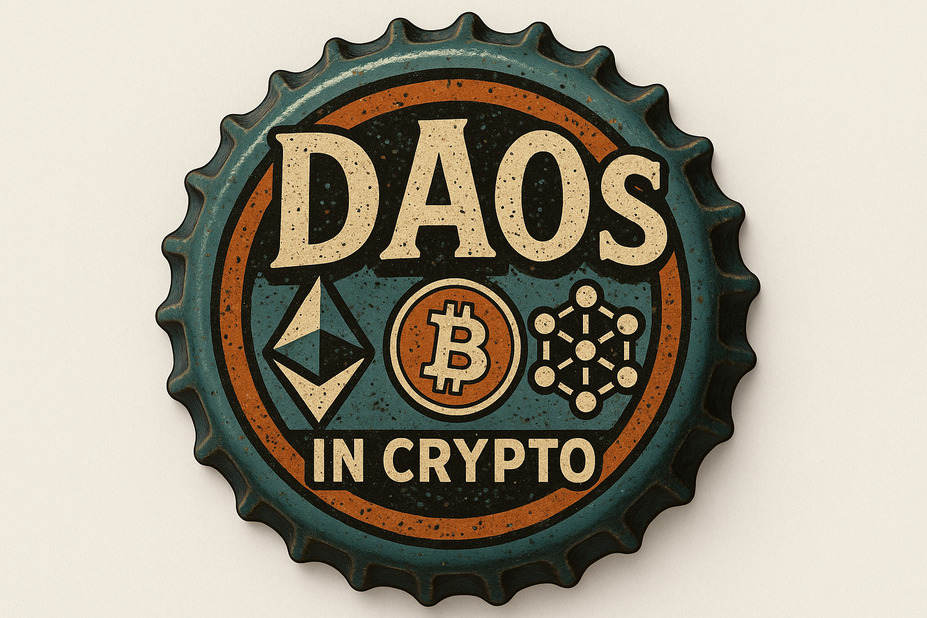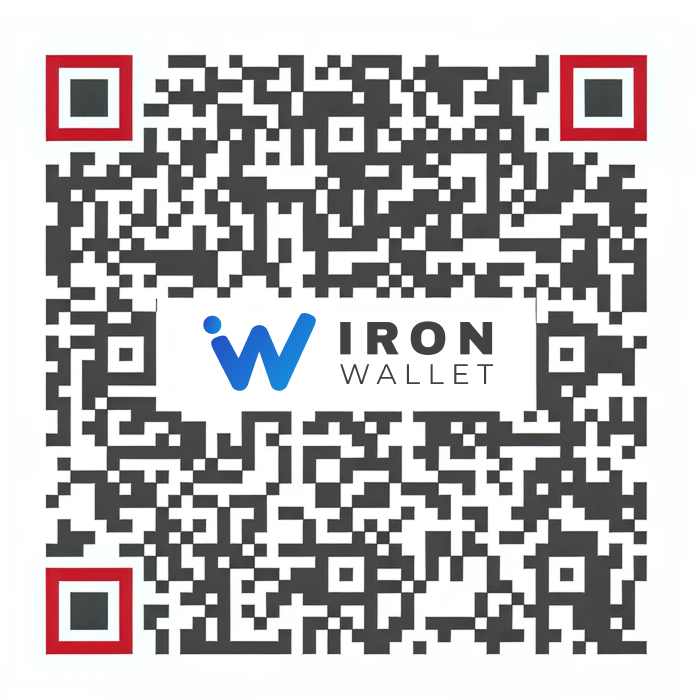What is a DAO in cryptocurrencies?

In the evolving world of blockchain and Web3, the DAO, or Decentralized Autonomous Organization, is becoming a key concept in redefining how people collaborate and make decisions online. But what is a DAO, exactly, and how does it function within the crypto space?
At its core, a DAO organization operates without centralized leadership. Instead, rules and decisions are encoded into smart contracts on the blockchain, and participants use DAO tokens to vote and govern collectively.
How do DAOs work?
A DAO in crypto is a digital organization governed by code, rather than by executives or boards. These organizations are powered by blockchain DAO technology, which ensures transparency, decentralization, and automation. Once deployed, DAOs operate autonomously, executing decisions based on code and community votes.
The key components of DAO technology include smart contracts (which define the rules and logic), DAO tokens (used for voting and incentives), and a shared treasury (used to fund proposals and projects). The system is self-sustaining, meaning any member can propose changes, and the community collectively approves or rejects them through voting.
Blockchain DAO structures eliminate the need for intermediaries and allow members across the globe to participate in decision-making directly.
Types of DAOs
There are several categories of DAOs, each serving a different purpose in the crypto ecosystem. Some focus on investment and asset management, while others fund open-source projects or govern decentralized platforms.
Here are some well-known DAO examples:
- MakerDAO — manages the DAI stablecoin and collateral system;
- Uniswap DAO — governs the protocol’s upgrades and treasury;
- Aave DAO — oversees decisions in the Aave lending protocol;
- PleasrDAO — a collective investing in NFTs and cultural assets;
- Gitcoin DAO — funds public goods and developer grants.
DAOs are also used in areas like gaming (e.g., Yield Guild Games), media, social platforms, and protocol governance, making them one of the most flexible models for decentralized organizations.
Benefits of decentralized autonomous organizations
The rise of DAO crypto models reflects the growing demand for community ownership, openness, and user participation. DAOs offer several compelling advantages over traditional hierarchical structures.
Some key benefits include:
- decentralization — power is distributed among token holders, not concentrated in leadership;
- transparency — all rules, proposals, and votes are publicly visible on the blockchain;
- global Participation — anyone with an internet connection and tokens can join and influence decisions;
- autonomy — DAOs function without centralized intervention, running on self-executing smart contracts.
These advantages make DAOs ideal for coordinating across borders, aligning community interests, and ensuring accountability, especially in Web3 projects and DAO platforms.
Challenges and risks
Despite their promise, DAOs are not without challenges. One of the primary concerns is DAO security — poorly written smart contracts can be exploited, as seen in early cases like The DAO hack in 2016. Once a DAO is live, modifying its code is difficult, which makes initial development critical.
There are also regulatory and legal considerations, since many jurisdictions do not yet recognize DAOs as legal entities. This can create confusion around liability, compliance, and tax responsibilities.
In addition, DAO governance can become complex. Voter apathy, token concentration, and lack of expertise among voters may hinder effective decision-making.
The future of DAOs in crypto
The future of decentralized autonomous organizations looks increasingly promising. As blockchain infrastructure matures, new DAO development tools are emerging that simplify setup, management, and scalability. Platforms like Aragon, DAOstack, and Snapshot are already helping projects launch and manage governance with ease.
We’re also seeing innovations like modular DAOs, governance delegation, and quadratic voting, which aim to solve issues of fairness and participation.
As DAO adoption grows, it may revolutionize everything from venture funding and nonprofit management to gaming guilds and digital cooperatives. With the ironwallet.io platform the impact on the broader blockchain industry is likely to be profound, driving new standards for decentralized governance and online collaboration.










